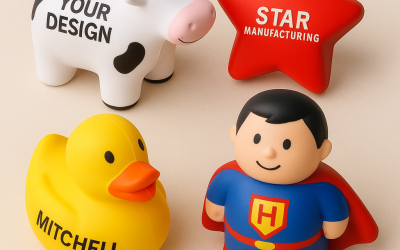The quality of food products relies not only on quality ingredients, but also on quality equipment. Protective coatings help to ensure delivery of the best products possible.
The Importance of Properly Coated Material
Protective coatings keep base materials from corroding without affecting the substances that come into contact with it. In addition, these coatings are non-absorbent and non-toxic, which means that the taste and odor of the products are not affected.
Equipment that has been properly coated provides a smooth surface that resists abrasion from long-term use. The surface characteristics can be maintained even with the prolonged use of cleaning agents.
In addition, release is critical in the food manufacturing industry. When products do not release properly, the yield is lowered and the operation become less efficient. Protective coatings provide optimal anti-stick properties to valuable equipment, such as feeders, augers, hoppers and more.
Boosting the Bottom Line
Bakeries and food manufacturers rely on highly sophisticated and automated equipment to meet the demands of customers all around the world. Those who are responsible for keeping up production are constantly battling issues abrasion, sticking, corrosion and premature wear.
In order to cut down on such challenges, protective coatings safeguard machinery components, solving performance problems in food manufacturing facilities. Such specialized protective coatings enhance equipment surfaces permanently of a wide variety of metal parts found in the equipment used in food processing. This effectively limits the concern for corrosion, lubrication, release problems and wear.
These coatings make it possible for bakeries and food manufacturers to eradicate costly oils that are often used to reduce surface friction of the equipment. These coatings also make it possible for these companies to achieve faster cleanup, leading to more efficiently run operations and best of all to long-term savings.


